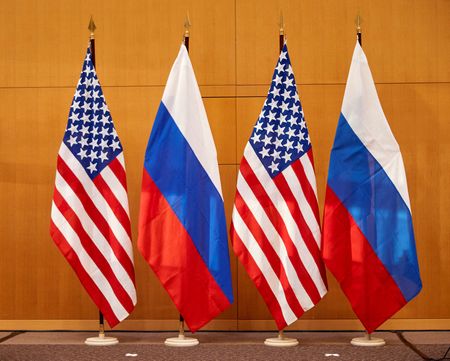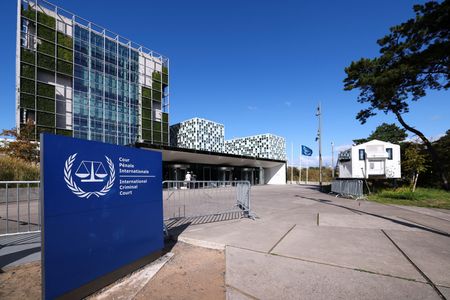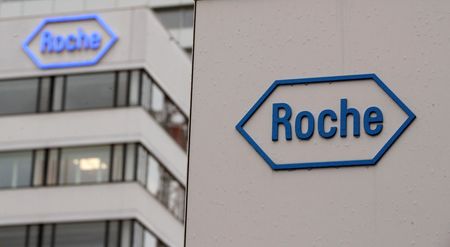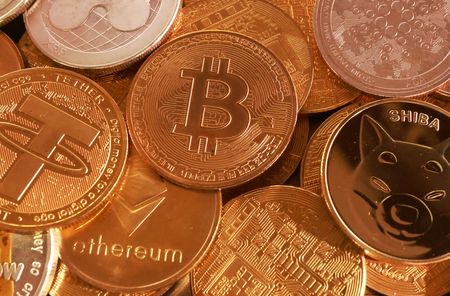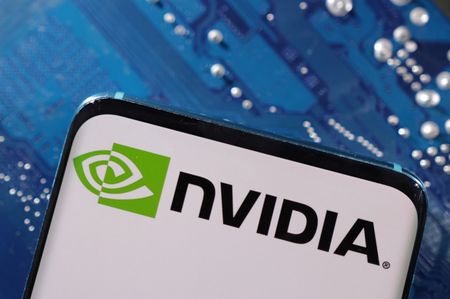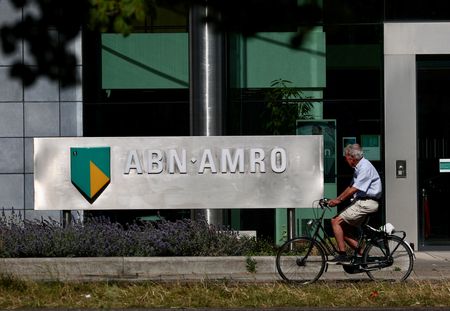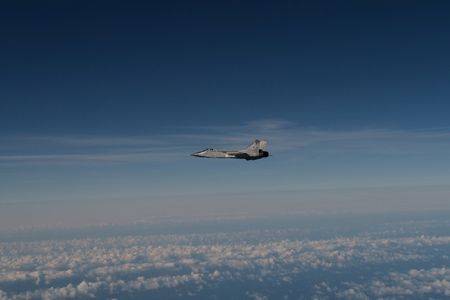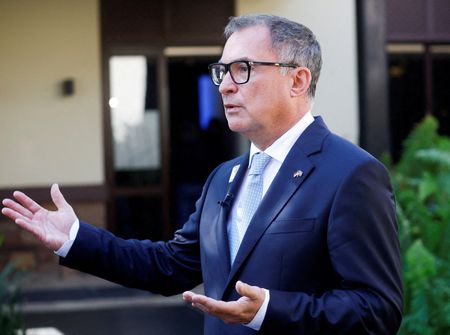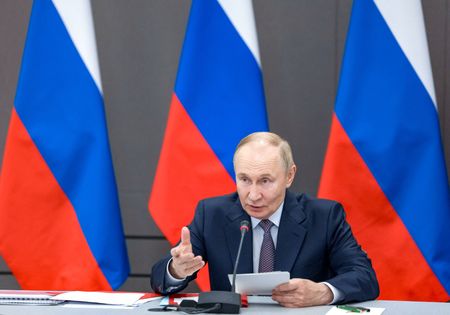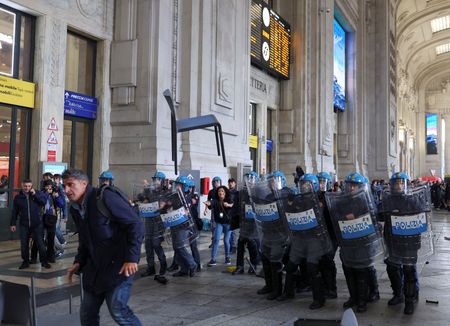By Mark Trevelyan
LONDON (Reuters) -Russia is offering the United States a deal that would extend by one year the last remaining nuclear arms treaty between the two countries, known as New START.
Here is a look at what’s at stake and what presidents Vladimir Putin and Donald Trump have said so far on the issue.
WHAT DOES THE NEW START TREATY SAY AND WHEN DOES IT EXPIRE?
Signed by then-presidents Barack Obama and Dmitry Medvedev in 2010, the treaty caps the number of strategic nuclear warheads that the United States and Russia can deploy.
Each is limited to no more than 1,550 such warheads, and a maximum of 700 long-range missiles and bombers to deliver them. Strategic weapons are those designed by each side to hit the enemy’s centres of military, economic, and political power.
New START came into force in 2011 and was extended in 2021 for five more years after U.S. President Joe Biden took office. In 2023, Putin suspended Russia’s participation, but Moscow said it would continue to observe the warhead limits.
The treaty expires on February 5 next year and the two countries, which broke off dialogue on nuclear issues after Russia invaded Ukraine in 2022, have not held talks on what happens after that. Security analysts expect both sides to breach the limits if it is not extended or replaced.
WHO HAS THE MOST NUCLEAR WEAPONS?
According to the Federation of American Scientists, Russia and the United States have estimated military stockpiles of 4,309 and 3,700 nuclear warheads, respectively. China trails with around 600.
WHAT IS PUTIN PROPOSING NOW?
Putin said on Monday that Russia was prepared to adhere to the limits of New START for one more year “to avoid provoking a further strategic arms race and to ensure an acceptable level of predictability and restraint”. But this would apply only if the U.S. agreed to do the same, he said.
WHAT HAS TRUMP SAID?
Trump said for the first time in July he would like to maintain the limits set in New START, saying it was “not an agreement you want expiring” and that removing the restrictions would create a “big problem”. The following month Trump said that China should also be involved in arms control talks, with the ultimate aim of “denuclearization”.
Beijing, however, said it was unreasonable and unrealistic to ask it to enter nuclear disarmament negotiations with Russia and the U.S., which have much larger arsenals.
WHAT ARE THE POTENTIAL BARRIERS TO EXTENDING NEW START?
In his remarks on Monday, Putin specifically cited U.S. missile defence plans – a reference to Trump’s planned Golden Dome shield aimed at blocking threats from Russia and China.
“We will proceed on the basis that the practical implementation of such destabilising actions could nullify our efforts to maintain the status quo in the field of START. We will respond accordingly,” he said.
Trump said in May he had selected a design for the $175-billion Golden Dome project which would create a network of satellites, perhaps numbering in the hundreds, to detect, track and potentially intercept incoming missiles.
WHO WOULD GAIN FROM EXTENDING NEW START?
Both sides, potentially, because it would allow more time to negotiate a successor treaty and avoid – or at least postpone – an expensive new arms race. After an August summit in Alaska that failed to yield any tangible results, Putin and Trump could also present it as a concrete step to defuse tensions and part of a wider effort to normalise relations between the two countries.
From Putin’s viewpoint, nuclear diplomacy with the U.S. is attractive because he can face off with Trump in an area where Russia has the advantage in terms of sheer numbers of warheads: its nuclear status far exceeds its conventional military power.
The Kremlin leader would likely cast a New START extension as evidence that Moscow is behaving as a responsible global player, at a time when Trump has criticised him over a lack of progress towards ending the Ukraine war, and Kyiv and its European allies are saying he is not serious about wanting peace.
(Reporting by Mark Trevelyan; Editing by Andrew Cawthorne)

